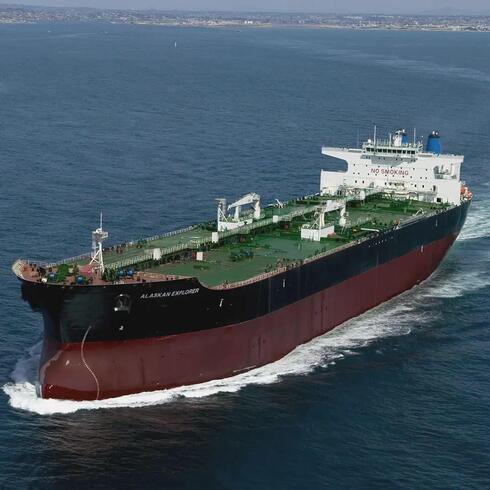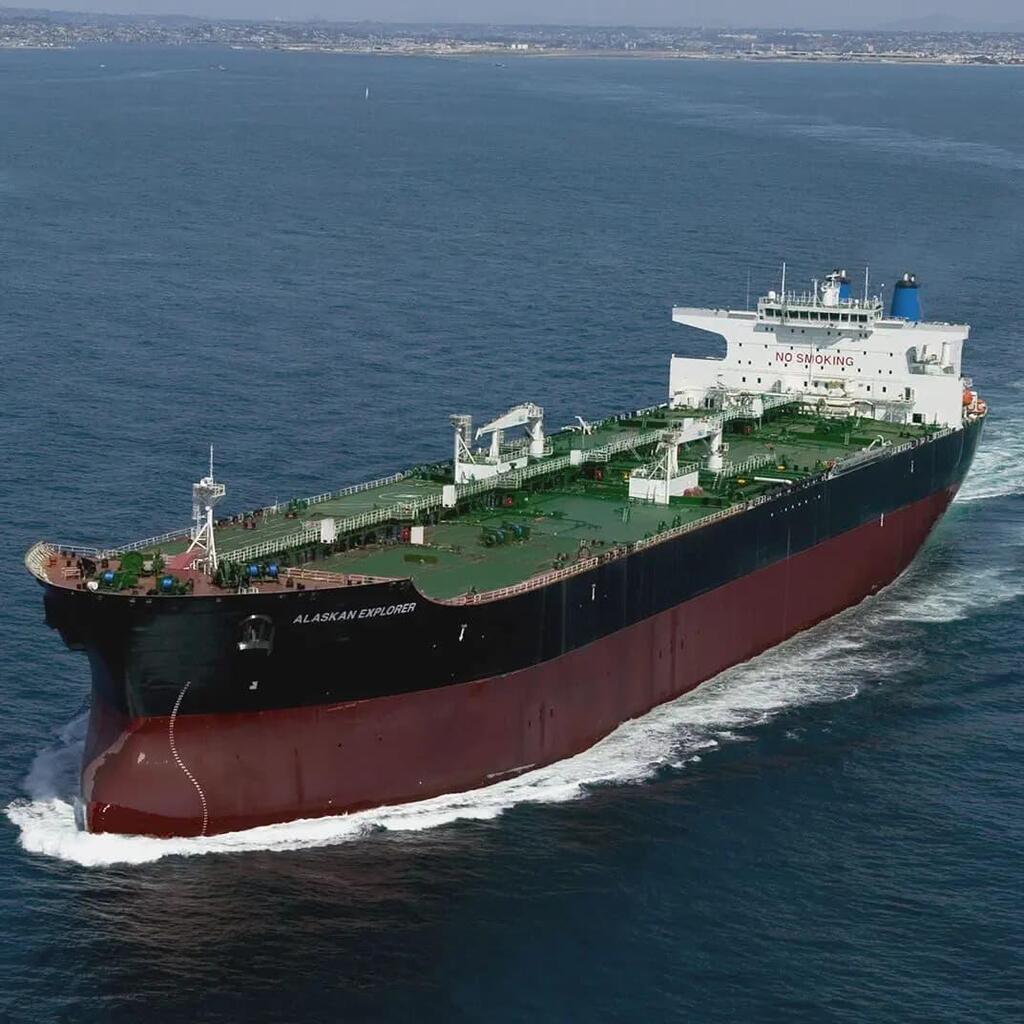
Threatening the oil market was one step too far for the Houthis
If oil prices rise beyond expectations, China and India, Iran's allies, may intervene to stop the Houthis
With each passing day, the global shipping crisis worsens due to attacks by the Houthis from Yemen on vessels in the Bab el-Mandeb Strait. Due to the Houthis' attacks, supported by Iran, an increasing number of global shipping companies are announcing the suspension of Red Sea shipping routes, opting for the longer route circumnavigating Africa. On Monday, the British energy giant British Petroleum declared that its tankers would cease sailing in the Red Sea until further notice. This announcement serves as a warning for the world's energy markets and ironically brings a potential solution to the crisis closer.
For the global energy market, the Bab el-Mandeb Strait, the Red Sea, and the Suez Canal hold immeasurable importance. Most oil and natural gas exports from Gulf countries to Europe and North America pass through these routes, both by sea and pipeline. In the first half of this year, oil shipments through these routes constituted about 12% of all globally traded oil at sea, while liquefied natural gas shipments accounted for 8% of global trade in this commodity, according to data from the U.S. Energy Information Administration.
The Suez Canal, connecting the Red Sea with the Mediterranean, is not the sole means of transporting oil from the Red Sea. The Sumed pipeline, also known as the "Arab pipeline," provides an alternative. Established by several Arab countries in 1974, it extends through Egyptian territory from Sokhna in the Gulf of Suez to the port city of Alexandria on the Mediterranean Sea. Although this pipeline can carry up to 2.5 million barrels per day, most of its capacity depends on tankers entering the Red Sea. Thus, more oil barrels pass through the Red Sea than through Bab el-Mandeb Strait and the Suez Canal. The situation is different for liquefied natural gas, where quantities passing through Bab el-Mandeb Strait correspond to those in the Suez Canal.
The continued Houthi attacks are anticipated to impact the global oil market, with the depth of the impact depending on future developments. Thus far, the events in the Bab el-Mandeb Strait have had a minor impact on prices, given positive supply data, notably increased supplies from the U.S. However, the uncertainty surrounding the duration of Houthi attacks and the weakening dollar may result in rising prices As more companies avoid sailing in the Red Sea, the effect on the oil market is likely to intensify.
In a scenario where Houthi attacks persist, leading more companies to change routes, the price of oil shipments worldwide, including to Europe, may rise. This increase could result from higher prices of goods and increased insurance premiums. The U.S. announced on Monday that several countries have agreed to jointly carry out patrols in the southern Red Sea and Gulf of Aden to try to safeguard commercial shipping against attacks by the Houthi rebels. Participating nations are led by the United States and include among others Bahrain, Britain, Canada, France, Italy, Netherlands, Norway, Seychelles and Spain.
This only prompted Houthi threats to attack oil installations of neighboring countries, particularly Saudi Arabia and the Emirates, both significant producers in OPEC.
However, should oil prices continue to rise beyond market expectations, this may bring the crisis closer to an end. Countries like China and India, close allies of Iran, are sensitive to high oil prices. In such a scenario, they may intervene to exert their influence and force the Houthis to halt the attacks.














